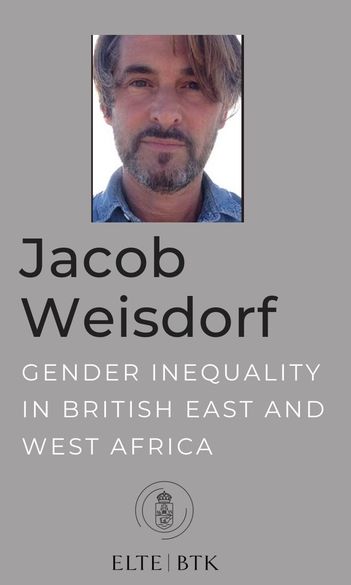Jacob Weisdorf on gender inequality in British East and West Africa

Gender inequality in British East and West Africa: Evidence from urban Anglican African converts
Abstract
Using information recorded in historical marriage registers of some 30,000 Anglican brides and grooms, this study examines how gender inequality in access to education and formal jobs evolved among traditional and emerging urban African elites across East and West colonial British Africa. Signature literacy and occupational details from the registers reveal that mission schools and the urban colonial economy opened up a considerable gender gap in the sampled couples’ access to formal employment during the early colonial period, peaking in the 1920-30s. The gap then declined again through the Africanization and feminization of the civil service. The study discerns that the gender gap closed earlier and faster among the West African couples thanks to West African women’s tradition of financial independence contesting the Christian missionary ideals of female domesticity more prevalent in East Africa. Comparison with census data confirm the sampled couples’ privileged status, showing they were forerunners for the educational and occupational developments later observed among the general African population in the sampled cities.
The lecture offers an example of how economic historians attempt to quantify historical information in order to track developments over the long run, in the current case in the educational and occupational performances of males and females as well as the gender inequalities herein. A working paper version is available here.



